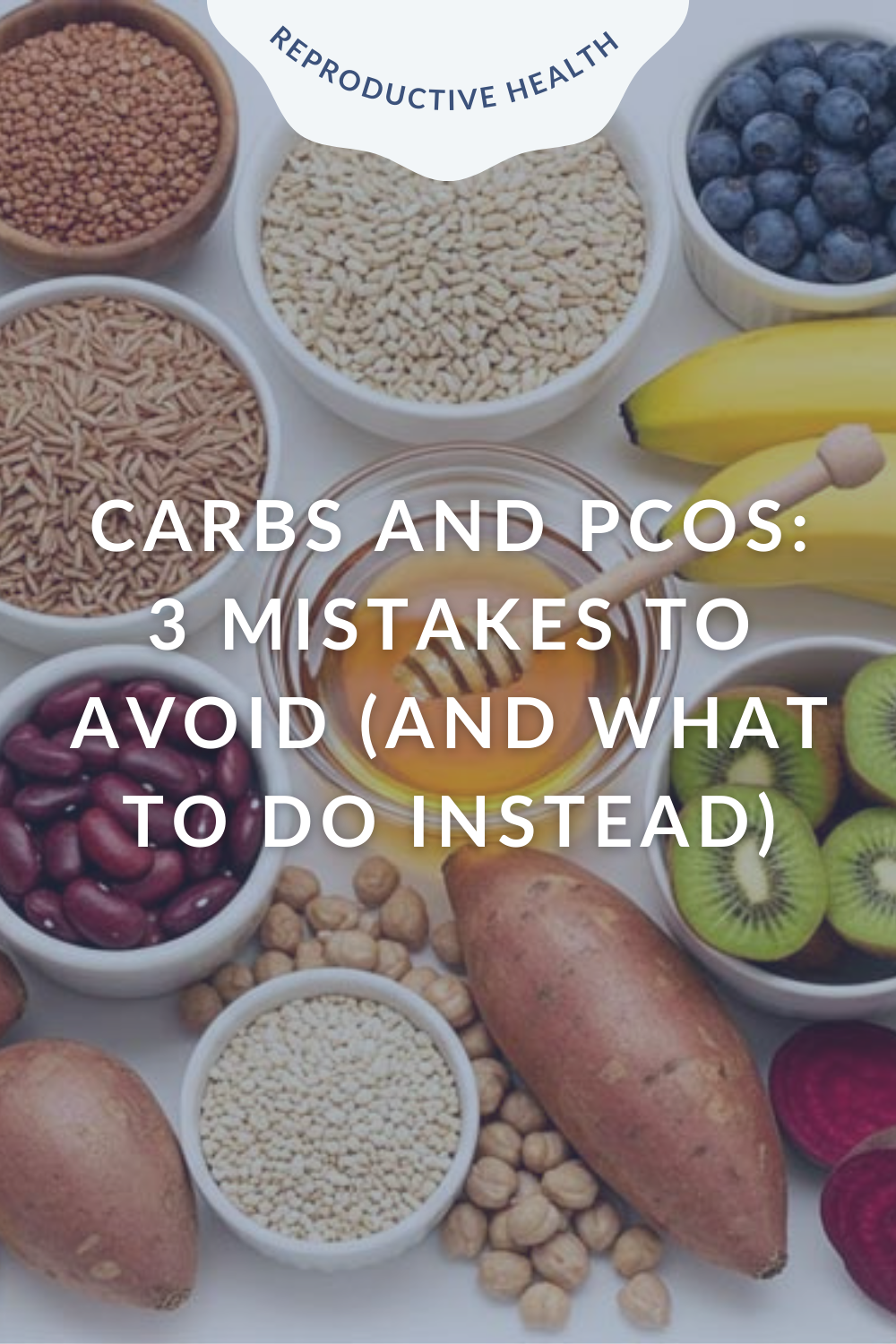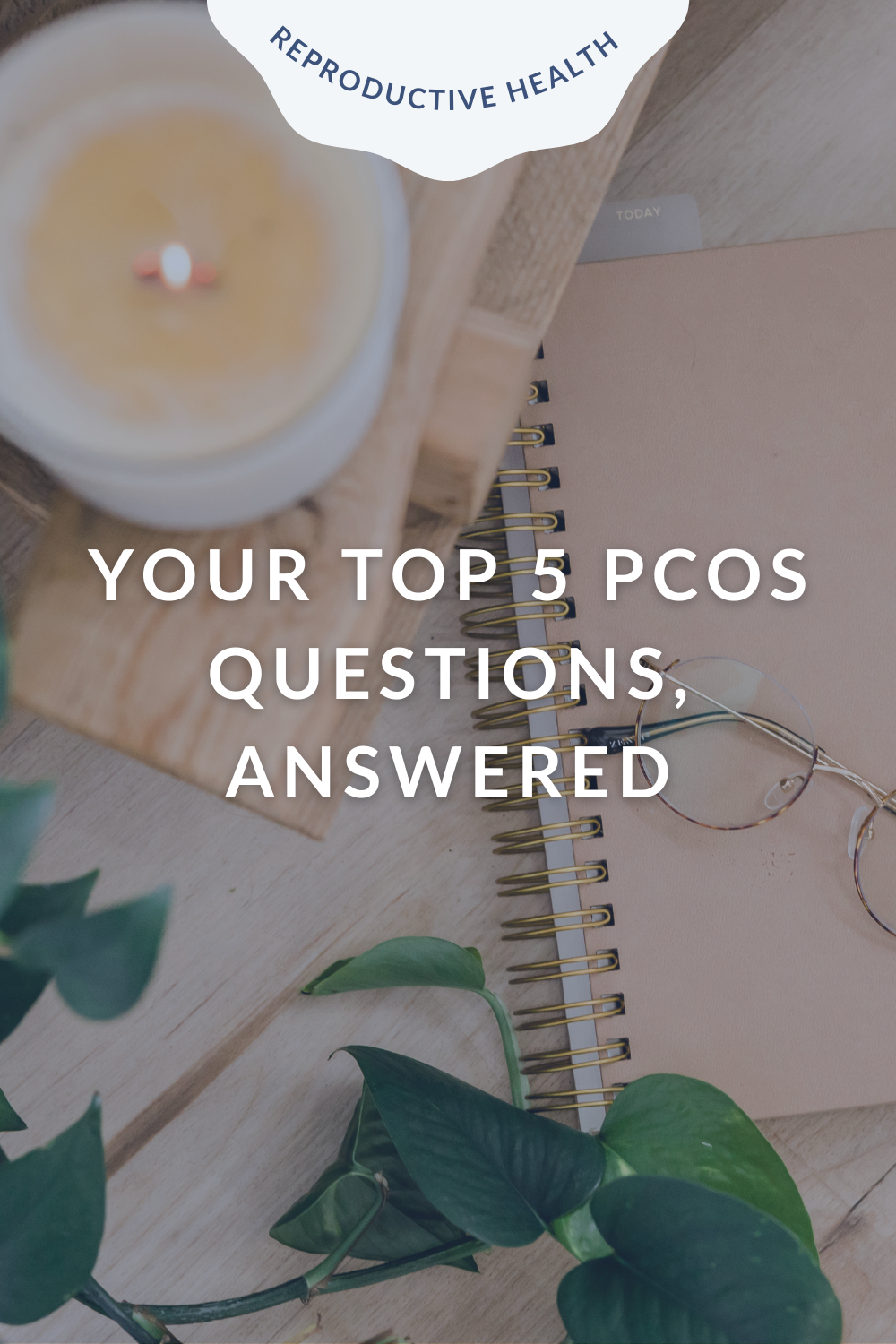How to Build a Balanced Breakfast for Balanced Hormones
Do you start your day frantic and in a hurry, only to crash and burn by 3pm?
Let’s get back to basics with a balanced breakfast for balanced hormones.
Yes, how you start your day matters.
We uncover the science behind breakfast, cortisol and insulin, and teach you a 3-step hormone-friendly formula to start your day.
Say goodbye to energy crashes and start your day with a delicious and nutritious boost for vibrant health!
Hormones are a HOT topic! Have you ever stopped to wonder, what they are and how they impact our body?
Our hormones are chemicals made by the endocrine system; think of them as your body's little messengers - they act like tiny postmen, delivering important instructions.
These instructions help your body function properly regulating growth, sexual health, metabolism, sleep patterns and overall well-being.
“Eat your breakfast!” said every parent, ever. I’m sure you’re tired of this phrase, but I can’t drive it home more - a healthy breakfast is super important for healthy hormones in females. Why?
A PCOS-friendly diet starts with a balanced breakfast. This presents a valuable opportunity to fuel up and prevent over-taxing your body (think: high stress shooting up your cortisol levels), stabilize blood sugars and insulin, and ensure you’re eating enough micronutrients to support a healthy body.
If you’re always rushing to get out the door and have no time to prep, check out our 30-day PCOS food meal plan to find easy-to-make hormone-friendly recipes that will set you up for your day!
Breakfast may help regulate cortisol levels
Cortisol is known as the "stress hormone”, which helps regulate carbohydrate, protein, and lipid metabolism, protects against stress and controls blood pressure and sugar levels. Cortisol is at its peak in the morning to give us energy and tends to decline later in the day. If you have hormone imbalances, you may be stressed, to say the least.
A study of 65 females found that those who skipped breakfast experienced disruptions in this cortisol rise and fall rhythm, and higher blood pressure levels - both of which are linked to increased risk for cardiometabolic disease. Keep in mind, this is a lower-quality observational study, but as it’s a super under-researched area, we're working with what we have!
Furthermore, cortisol may be dysregulated in people with PCOS in the first place. While research in this area is sparse, this suggestion comes as no surprise, since we know living with PCOS can be incredibly challenging.
A common “trap” I see people fall into is this - skip breakfast, straight to work, lots of coffee for quick fuel, breeze through lunch…only to feel exhausted, starving and cranky by 3 pm. This puts a lot of stress on our body and can mess up the cortisol hormone. No surprise here, as there’s not enough fuel to start and power through the day!
Download our PCOS + gut health checklist to discover more tips on how to regulate cortisol levels and foster a healthier hormonal balance.
2. Breakfast may help stabilize blood sugar levels
Insulin is a hormone produced by the pancreas that transforms the sugar from food into a source of energy. In the morning, blood sugar tends to be low since we’ve “been fasting” overnight. When you skip breakfast, the insulin response can get delayed, causing energy dips and cravings.
As well, insulin resistance is common in people with PCOS, and it hinders the control of blood sugar. To compensate, the pancreas releases more insulin; over time, you may be left with both high circulating insulin and sugars in the bloodstream! This increases the risk of Type 2 diabetes.
Having a balanced breakfast with complex carbs and protein supports stable energy and gradual release of blood sugars and insulin. This can also help manage cravings later in the day.
3. Eating breakfast can help you get adequate micronutrients - it’s another “window of opportunity” to nourish yourself
Micronutrients are those tiny powerhouses that your body needs to function optimally. They include vitamins and minerals, like vitamins C, D, calcium, and zinc, just to name a few. Micronutrients are essential for a wide range of bodily processes, including immune function, energy production, bone health and more.
Our body can't produce enough micronutrients, so eating them through your diet is essential!
A review of 40 studies found that those who eat breakfast tend to get more vitamins compared to breakfast skippers. Of course, micronutrient intake should be looked at through the context of a whole day. But by having breakfast, you open up another "window of opportunity" to get a dose of these vital micronutrients and have a higher chance of meeting your body’s needs.
Back to Basics: Hormone-friendly Breakfast Formula
Here’s a 3-step formula to build a Hormone-friendly breakfast:
Protein
Fibre
Hydration
This super-easy framework can get your day started with stable blood sugars, regulated cortisol and a good hit of micronutrients!
Protein
Protein supports growth and muscle maintenance, hormone production and helps you feel full.
Since it digests slowly, protein helps with a slower, more gradual rise in blood sugar and a more controlled release of insulin after meals. You can enjoy protein in both animal and plant foods.
Some breakfast-friendly options include Greek yogurt, cottage cheese, eggs, scrambled tofu, leftover poultry, and protein powder(Using protein powder? See 5 Steps on Choosing a Protein Powder).
Fibre
Fibre is a type of carb that you don't digest. There are many types of fibre, each with its own function, but they all work together to support a healthy, well-functioning gut.
Fibre helps regulate blood sugar levels by slowing down the absorption of glucose from the digestive tract. For those with PCOS, higher fibre intakes are linked with increased insulin sensitivity which can help manage cravings and lower the risk of type 2 diabetes.
You don’t have to choose a low carb diet for PCOS. Rather, adjust the type of carb to inclue fibre!
Easy breakfast-friendly fibres include: steel-cut oats, fruit, mixed nuts, ground flaxseeds, whole grain toast, whole grain cereals, millet, purple rice and steamed yams.
Hydration
Hydration plays a crucial role within the body by regulating cortisol and blood sugar levels, as well as overall reproductive well-being. I know it’s not fun to be told to drink more water, but dehydration can impair your body's ability to use insulin effectively.
It’s also linked with constipation, bloating and fatigue. Your body does lose a good amount of water overnight, so it’s important to rehydrate! Tasty options include iced or hot tea and fruit-infused water.
Looking for a no-brainer way to implement our 3-step breakfast formula? Our 30-day PCOS meal plan gives you 45 hormone-friendly, no-fuss recipes to simplify your everyday eating and manage symptoms.
Examples of Balanced Breakfasts for Healthy Hormones
Besan Chilla made with chickpea flour, eggs, and spinach
Dim sum with steamed pork, stir fry gai lan and bun
Oats with cottage cheese, seeds and berries
Remember, starting your day with a balanced, PCOS-friendly breakfast can help regulate cortisol levels, stabilize blood sugars and insulin and help meet your micronutrient needs.
For a hormone-friendly breakfast, simply following our 3-step formula of protein + fibre + hydration! Savour your breakfast, and here's to a balanced and healthy start to your day!
Keep in mind that this information is for educational purposes, and individual nutritional needs can vary.
Hi! I’m Trista
A Registered Dietitian and reproductive health expert. I’m here to help you gain confidence to overcome your Polycystic Ovary Syndrome and digestive health woes, while bettering your relationship with food.
CATEGORIES
Craving a delicious PCOS-friendly diet but overwhelmed with research and meal prep?
Simplify your journey with our 30-day PCOS meal plan - with curated hormone-friendly recipes, grocery lists and meal prep guides
Or if you’re ready for a more transformative learning experience, our Complete Guide to PCOS Management course gives you the confidence, clarify and tools to manage your PCOS symptoms, long-term. Learn everything you need to know to support your hormones without giving up the foods you love.
References
Hiller-Sturmhöfel, S., & Bartke, A. (1998). The endocrine system: an overview. Alcohol health and research world, 22(3), 153–164.
Witbracht, M., Keim, N. L., Forester, S., Widaman, A., & Laugero, K. (2015). Female breakfast skippers display a disrupted cortisol rhythm and elevated blood pressure. Physiology & behavior, 140, 215–221. https://doi.org/10.1016/j.physbeh.2014.12.044
Giménez-Legarre, N., Miguel-Berges, M. L., Flores-Barrantes, P., Santaliestra-Pasías, A. M., & Moreno, L. A. (2020). Breakfast Characteristics and Its Association with Daily Micronutrients Intake in Children and Adolescents-A Systematic Review and Meta-Analysis. Nutrients, 12(10), 3201. https://doi.org/10.3390/nu12103201
Franz M. J. (1997). Protein: metabolism and effect on blood glucose levels. The Diabetes educator, 23(6), 643–651. https://doi.org/10.1177/014572179702300603
Levitt, N. S., Vinik, A. I., Sive, A. A., Child, P. T., & Jackson, W. P. (1980). The effect of dietary fiber on glucose and hormone responses to a mixed meal in normal subjects and in diabetic subjects with and without autonomic neuropathy. Diabetes care, 3(4), 515–519.
https://www.ncbi.nlm.nih.gov/pmc/articles/PMC6475723/
https://doi.org/10.2337/diacare.3.4.515
Zaplatosch, M. E., & Adams, W. M. (2020). The Effect of Acute Hypohydration on Indicators of Glycemic Regulation, Appetite, Metabolism and Stress: A Systematic Review and Meta-Analysis. Nutrients, 12(9), 2526. https://doi.org/10.3390/nu12092526
Joo, H. J., Kim, G. R., Park, E. C., & Jang, S. I. (2020). Association between Frequency of Breakfast Consumption and Insulin Resistance Using Triglyceride-Glucose Index: A Cross-Sectional Study of the Korea National Health and Nutrition Examination Survey (2016-2018). International journal of environmental research and public health, 17(9), 3322. https://doi.org/10.3390/ijerph17093322
https://www.clinicaltrials.gov/study/NCT00694759 (PCOS and Cortisol)



















